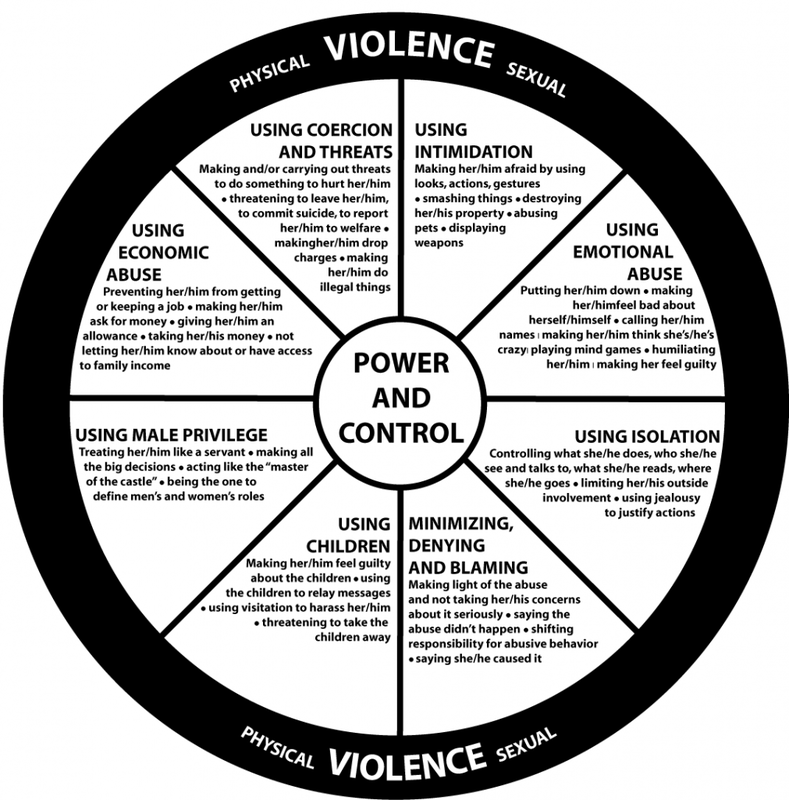It’s been a while since I’ve blogged. I’ve been busy writing the sequel to Drowning, called Deception. It’s coming along well, although I wish it was done!
It’s been a busy and productive week. I’ve been to Gainesville, Florida, and the University of North Florida. I started the week at the St. Augustine Catholic Church of Gainesville for a book club discussion. We had a great discussion about Drowning and domestic violence.
On Thursday, I went to UNF to join Alpha Chi Omega and Kappa Alpha Theta for a Love Yourself Workshop. The program discussed healthy relationships. Statistics show ‘One in three adolescents in the U.S. is a victim of physical, sexual, emotional or verbal abuse from a dating partner, a figure that far exceeds rates of other types of youth violence.’1. This statistic shows why events like these are so important. Speaking to these wonderful young women was an honor.
The week ended with a book event at the Alachua County Library headquarters in Gainesville. I spoke about Drowning and domestic violence and another survivor, Julie Boyd Cole, told her story. Nandy, a representative from Peaceful Paths, the domestic violence organization for Alachua, Bradford, and Union counties, also spoke of their services and the need for volunteers.
What I’ve noticed as I have presented in the last week is that people want to share their stories. People want to understand what they can do to help victims. People want to take action. Many just don’t know how. I’d like to suggest a few ways that we can all help end domestic violence, even if these steps seem small. They are:
Become familiar with the domestic violence organization in the area and give that information to people in our life who may need it.
Celebrate and model healthy relationships.
Talk to children about respecting themselves and others.
Talk to someone whom we suspect may be in a difficult relationship.
Support our local domestic violence organization.
Volunteer.
Plan a fundraiser.
There are so many things we can do and it really does take all of us to join in this fight against domestic violence. We can make a difference even by doing something we may think is small. Let’s continue the conversation.
Remember, if we can help just one person, we’ve done our job.
Sincerely,
Katelin Maloney
- Davis, Antoinette, MPH. 2008. Interpersonal and Physical Dating Violence among Teens. The National Council on Crime and Delinquency Focus. Available at http://www.nccd-crc.org/nccd/pubs/2008_focus_teen_dating_violence.pdf

 RSS Feed
RSS Feed
